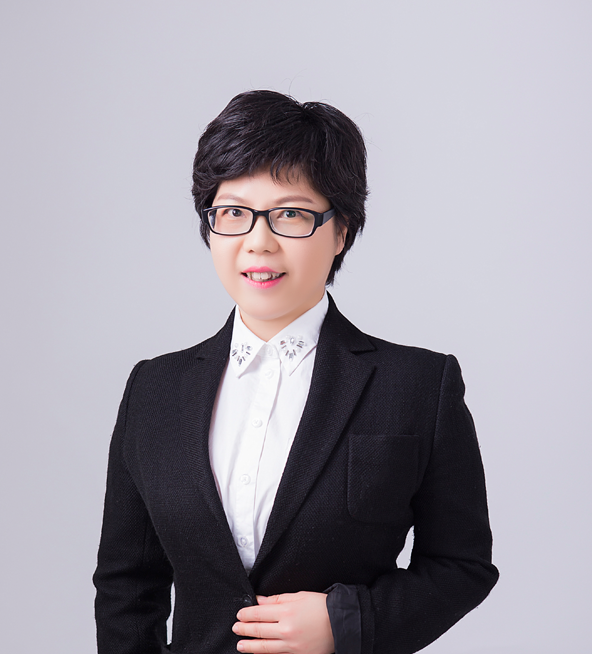


As per Article 44-1of Chinese Trademark Law, the Trademark Office will invalid following registrations of trademarks, i.e. registered trademarks have broken Article 4, 10, 11, 12 and Article 19-4, or the registration has been gained through deception or other improper means. Other units or individuals can request the TRAB to declare the invalidation on the registered trademark. “Other” in the term “other improper means” in this article means, except for the damages on specific civil rights and interests, behaviors for obtaining the registration through disordering the registration of trademark, harming the public benefits, improper occupation of public resources or seeking improper interest via other means. It can be seen that “other” improper means in Article 44-1 of Chinese Trademark Law poses the damage to the public interests of unspecific majority of subjects.
Taking an recent case regarding declaration on the invalidation of the trademark “美高维景”(Mei Gao Wei Jing in Pinyin) under the trademark no. 32180256, which was received and handled by our agency, as an example. The disputed trademark has been registered on services, i.e. “accommodation agency (hotels, rental of transportable buildings); café; nursing home; canteen; tea room; temporary accommodation for hire; tourist homes; day care (babysitting); bar service; accommodation reservations”, HK CTS Hotels Co., Ltd. held that the trademark “美高维景”(Mei Gao Wei Jing in Pin Yin) has infringed its’ prior trademark right of “维景”(Wei Jing in Pin Yin) with registered no. 8973925, the company has entrusted Janlea to file the application for declaring the invalidation against the trademark. According to the examination, China National Intellectual Property Administration held that the disputed trademark, which has been registered on services, i.e. “accommodation agency (hotels, rental of transportable buildings); café; nursing home; canteen; tea room; temporary accommodation for hire; tourist homes; day care (babysitting); bar service; accommodation reservations”, has constituted similarity to the trademark “维景”(Wei Jing in Pin Yin), as per the situation stipulated by Article 30 of Chinese Trademark Law, the similar trademarks on the identical of similar services. However, the registered items on service of “nursing home; day care (babysitting);” are not similar services to ones registered by the trademark “维景”(Wei Jing in Pin Yin). It cannot be regulated only by Article 30 of Chinese Trademark Law, as per evidential facts filed by us, China National Intellectual Property Administration has found that the holder of the disputed trademark also registered other trademarks, i.e. “赛百味” (Sai Bai Wei in Pinyin), “希尔顿” (Xi Er Dun in Pinyin) and “美高希尔顿” (Mei Gao Xi Er Dun in Pinyin), which are similar with or identical to well-known trademarks. In view of originality of the trademark “维景”(Wei Jing in Pin Yin), upon this, the registration and use of the disputed trademark pertains to “other improper means”, violates the principle of good faith and disturbs the order of trademark registration, as a result, the disputed trademark has been declared to the invalidation.
From the case mentioned above and Article 44-1 of Chinese Trademark Law, we can see that, the identification on whether the disputed trademark pertains to the status of “other improper means”, it is more of a qualitative question about the trademark, that is, considering the subjective status of the holder of the trademark at the moment of the application for the registration. If other party’s trademark has strong distinctiveness, and the disputed trademark has obvious behavior, i.e. copy or imitation, also such kind of behaviors obviously violate the principle of good faith, furthermore, damage the market order of fair competition, that is, the damage to the public interest, breaches Article 44-1 of Chinese Trademark Law. The holder of the prior trademark can protect rights based on such ground.

 业务领域:
业务领域: 此案件代理人
此案件代理人
